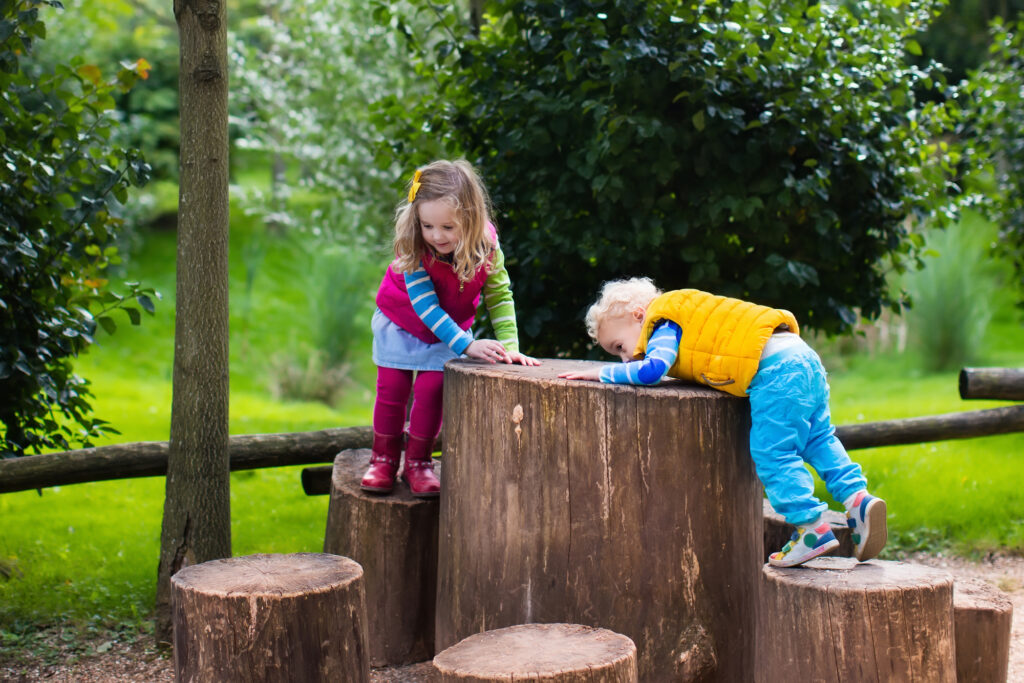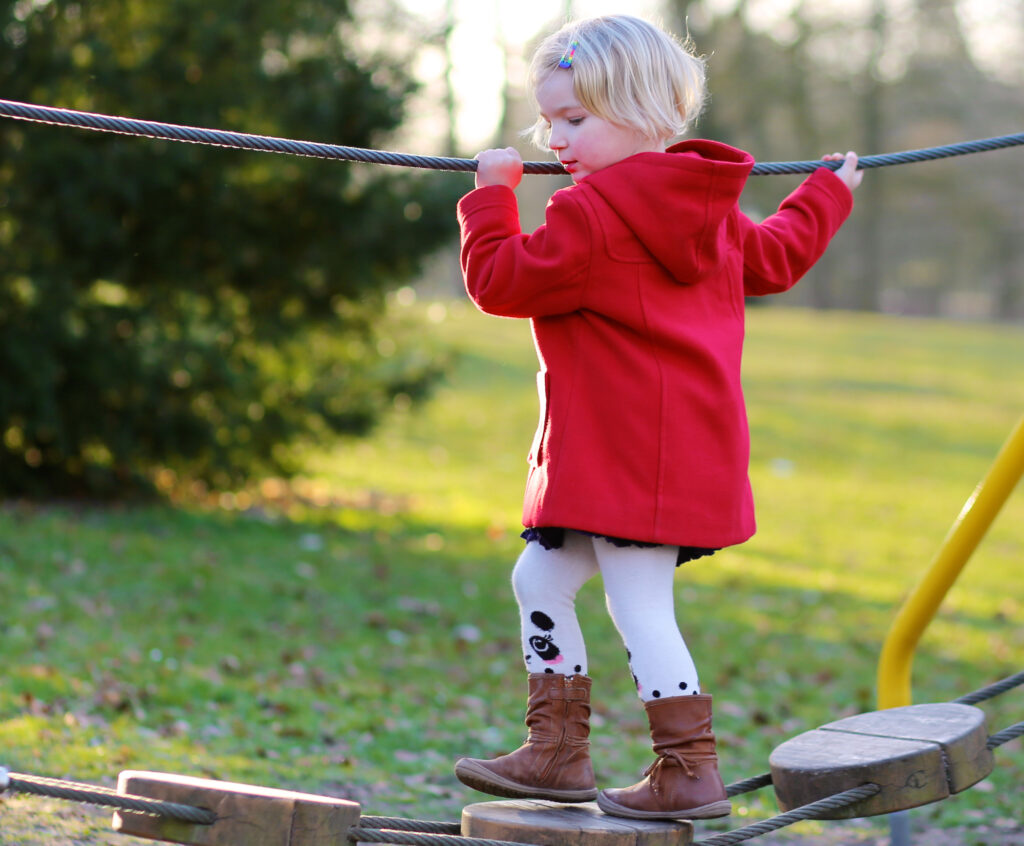Gross motor skills are those which utilize the large muscles of the arms, legs, and torso.
Activities involving gross motor skills include crawling, walking, running, throwing, kicking, and lifting – any activity that requires a whole-body movement.
Gross motor milestones refer to the gross motor skills and activities a child should perform at or by a certain age. Understanding these milestones allows parents and caregivers to track their child’s growth and development and identify if, at any point or stage, there is a delay, issues, or concern with their child’s physical development. Most parents, at any given time, during their infant’s development, express some concern about their child’s ability to sit unaided, crawl, and walk independently.
Delays in meeting gross motor milestones may signify a broader concern, including rare diseases, genetic syndrome, or other health conditions. Still, early intervention and professional medical advice and assessment are key to identifying developmental delays and addressing them.
The following shows some of the major gross motor milestones for infants and children ranging from birth to preschool:
| Age | Gross Motor Milestone |
| 3-4 months | Infant supports own head when pulled to a sitting position |
| 5 months | Infant rolls from back to front |
| 6 months | Infant can raise their upper body using their arms when lying on their front |
| 7 months | Infants can sit unaided |
| 8-10 months | Infant can crawl |
| 10-12 months | Infants can stand with support and begin to use furniture to move around a room |
| 12 months | Infants can pull themselves to standing |
| 15 months | Toddler walks independently, infant can walk up and down stairs holding the hand of someone |
| 18 months | Toddler can run, although frequent falling is still to be expected |
| 2 years | Toddler climbs up and down stairs without assistance, toddler can jump with two feet. |
| 3 years | The child can catch a large ball, child can stand on one foot for a period of a few seconds |
| 4 years | The child can run, jump, and climb confidently, child can ride a tricycle. |
There are many ways in which caregivers and parents can encourage the development of gross motor skills in infants and toddlers.
| Age | Recommended activities to encourage motor skills development |
| Birth-6 months | Tummy time, playmats, and activity gyms for infants with hanging toys that can be grabbed, and balls of different textures that can be rolled, encourage a baby to reach with toys that can be shaken to make sounds. Bath time is a great way to let a baby practice kicking and splashing in the water with their arms and legs, even before they can coordinate these movements themselves. |
| 6-12 months | Push and pull toys encourage large muscle movements in babies. Play tunnels are great for encouraging babies to crawl, while soft cushions and obstacle courses encourage climbing skills. Slides and swings help with developing gross motor skills too. Toys that roll and move also encourage a baby to get moving. |
| 12 months plus | Scooters, ride-on cars, and balance bicycles help develop a toddler’s gross motor skills from 12 months. Practice climbing up and down stairs, as well as over and under obstacles, also develop these skills. Space, inside and outside, to run, jump, and chase a ball is also crucial to developing these skills. |

For some children, a delay in meeting a gross motor milestone or milestones may signify a need to practice a particular skill more often. Encouraging children to play outside, where they have plenty of space to run, climb, and jump, is crucial to their gross motor skills development from infancy to school age and beyond. Ensuring they have access to throwing, catching, and kicking balls in their place is also very important. Even very young babies can respond to a ball rolled to them in many different ways.
In other cases, a delay in reaching gross motor milestones may result from a specific health condition or rare disease. Understanding and monitoring gross motor milestones is crucial for your child’s overall development.



